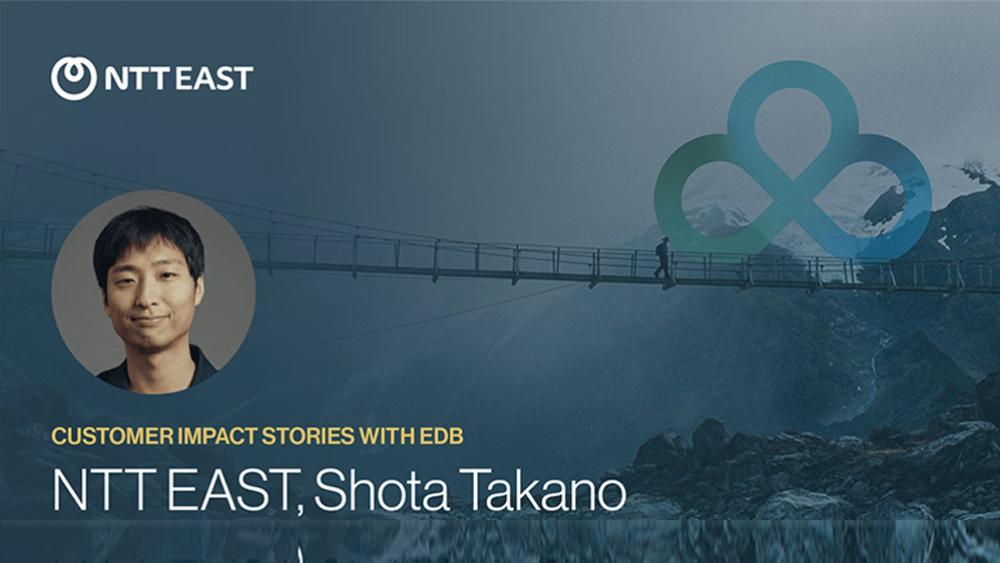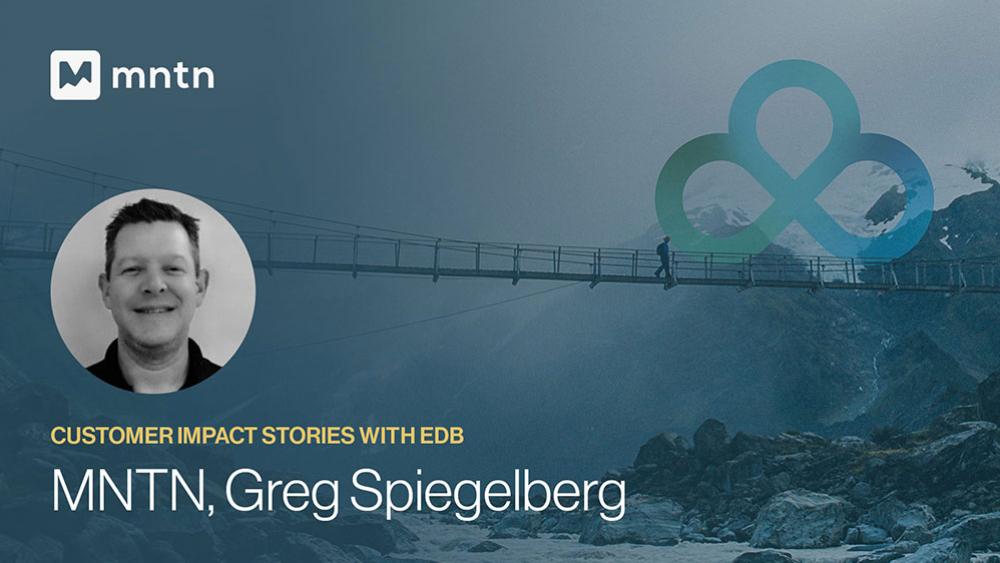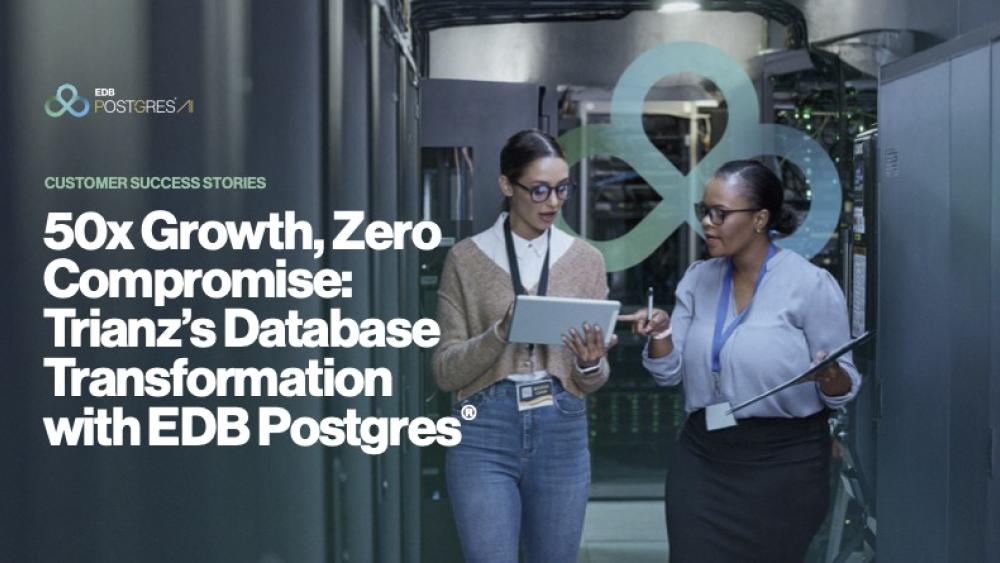Fortuna Entertainment Group Remains Always On, Secure and Highly Extensible with Postgres and EDB
Key Takeaways
- Consolidated data from a range of acquired organizations from different countries, while adhering to diverse regional compliance regulations over a multi-year period
- Achieved high availability for platform experiencing massive amounts of transactions, subject to large spikes during major sporting events
- Ensured real-time replication for sports and eSports betting, building customer trust and satisfaction
- Navigated rapid growth in both user base and platform offerings thanks to EDB support and Postgres’ scalability
Products
Industry
- Gaming
About Fortuna Entertainment Group (FEG)
Based out of Prague, Czech Republic, Fortuna Entertainment Group (also known under various business brands in respective countries as Fortuna, Casa Pariurilor and PSK) is the pre-eminent omni-channel digital betting and gaming service in Central and Eastern Europe. Serving a number of nations including Czechia, Poland, Slovakia, Romania and Croatia, FEG provides users with access to sports betting, an online casino, digital slot machines and more. Since its founding in 1990, the ambitions of the organization have only expanded, with their IT and database services teams eager to embrace all innovations coming their way, including a foray into gaming in the increasingly explosive arena of eSports. With the help of a robust database and constantly available support, they continue to look to the future, to grow their business and their impact.
Challenge
When looking for their ideal database, Fortuna Entertainment Group had transaction volume front-of-mind from the very beginning. As an online betting and gaming service, their applications have to be able to handle massive amounts of transactional requests from users—many of which are extremely time and latency sensitive. This volume only increases in the lead up to major regional and international sporting events on which their clients might be betting.
As with any application where users are exchanging currency, there was an overwhelming expectation for constant availability placed upon FEG, meaning that the stakes around their chosen database’s performance were extremely high. If a customer wanted to place a so-called live bet midway through a sporting event because of a sudden new development and FEG’s service was down, it’s likely that said customer would decline to use FEG’s solutions again. On the other hand, FEG needed to avoid latency so that their application wouldn’t process any bets that were conveniently placed after a sporting event was over.
Finally, FEG faced big questions around security, compliance and flexibility. As with any organization that handles financial transactions, making sure that customer financial data was protected at all times was essential. On top of that, however, FEG had to adhere to gaming compliance regulations across multiple countries, ensuring that how they managed and stored their data was in line with the legal requirements of each of their markets. This position demanded a database management system (DBMS) that could be carefully and specifically tailored in a variety of ways, such that it would serve every different set of regulations and security necessities while still maintaining overall agility.
In sum, FEG needed a database that was always-on, highly secure and deeply dynamic. To support this DBMS, they also needed a team of experts who could swiftly address problems when they arose. These features were non-negotiable.
Solution
Even when initially Fortuna was just a local business, the organization was aware of these needs. That’s why they adopted Postgres in 2005.
In many ways, this was a radical step, considering that open source was not as widely used in the region at the time. As Martin Berdych, FEG’s Group Head of IT told EDB, “Based on my experience in the other businesses I’ve worked with, I would say that the use of open source in FEG is exceptional.”
This sentiment was echoed by Matej Klonfar, a Group IT senior DB engineer at FEG. “Most of our competitors use Oracle, but we’ve always been very happy with Postgres.”
One of the key features that FEG valued from their Postgres database was its logical replication capabilities, which allowed their architecture to remain agile and performant, even as they saw accelerating growth. Initially, the enterprise handled this in-house, but that became increasingly difficult given their ongoing success. If they were to maintain the standard of performance at their rate of expansion, they would need help to reinforce their Postgres environment.
FEG finds their Postgres partner
“Since that initial adoption, we’ve become a big regional player,” explained Berdych. “Now, the platform is distributed across the countries we operate.”
With this exciting expansion, came a challenge. One of the key ways that FEG was able to grow was by acquiring other brands across the region, some of whom used Postgres and others who did not. As such, the company would have to consolidate all of the vital data from their acquisitions into their central Postgres database.
Handling the weight of their own data was one thing for the organization while serving a single country with their platform, adhering to one set of data regulations. But now FEG found its platform distributed across the region, having to integrate essential assets from other brands, and database management became too heavy a burden for the enterprise to handle on its own. As a result, FEG decided they needed a partner with deep Postgres expertise to support them as they continued to navigate their growth—both in users and in offerings.
So, they turned to EDB, leveraging the pglogical script to help simplify their complex logical replication needs, while also receiving ongoing counsel on how to continually improve their Postgres environment, handle the influx of new data and buttress the database against unnecessary downtime.
“Prior to working with EDB, we found that we were hitting a performance ceiling,” Klonfar related. “We were not able to improve our platform or synchronize our data from different locations within our architecture.”
This was a recurring theme for FEG in their discussion of Postgres pre- and post-EDB engagement. While Postgres had provided them with the foundation they needed from the beginning, being able to effectively scale their database, to ensure it could grow alongside their business and their ambitions was of paramount importance. Should the database stall out, all of their achievements would be jeopardized.
With the help of EDB, that wasn’t an issue.
Growth only open source could support
As the FEG team reflected on their success, they returned to the power of open source and how instrumental it was to empowering their growth.
“I don’t think we could have grown this way if we were using [commercial databases],” Klonfar emphasized. “With the costs and the licensing, it wouldn’t have been feasible with all the new users and offerings and data.”
Berdych added: “Speaking to the team, I do believe that Postgres does have a long future in FEG. With a legacy database you would have to keep paying to keep up with your own growth. When we started out we couldn’t have done that and we don’t want to start now.”
Results
The process of incorporating all of their acquired data into FEG’s central Postgres database was by no means a short one. Petr Spodniak, the enterprise’s Group IT Database Service Owner, estimates it took five to six years in total. However, once it was complete—and achieved with few to no headaches thanks to EDB Community 360 support—FEG found their platform performing at the capacity that the business needed.
Postgres’ real-time replication ensured that no late or improper bets could be placed, while its high availability guaranteed that, no matter the number of transactions, the company could serve its massive user base. Meanwhile, centralized access to all data from across the region made certain that each and every type of regulation the enterprise was subject to was met.
Building customer satisfaction
It’s not just FEG who have felt the positive impact of Postgres and EDB support. Their customer base has also benefited from the organization’s database decisions, especially when it comes to their experience of the platform.
It’s easier than ever for FEG to authenticate their users and certify the validity of their bets. As such, every player in the region has access to a real-time gaming experience with an ever-expanding range of events and opportunities. With these capabilities, FEG’s reputation is set to grow as they continue to add new features and options for all their users, all supported by a Postgres database operating at full capacity.
Future
As FEG continues to leverage the power of Postgres, they have big ambitions on the horizon. According to Berdych: “We’ve been listening to our customers and there are even more functionalities that we want to add for them.” He continued: “We are confident we can add these with Postgres, and that we can keep growing.”



